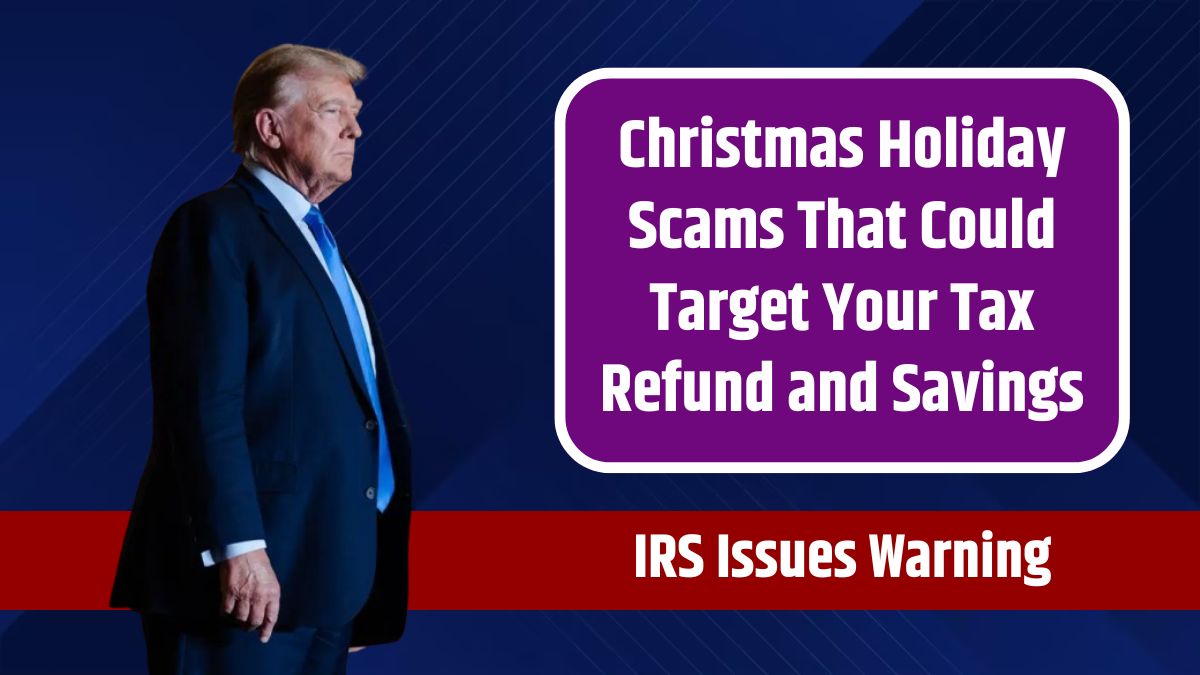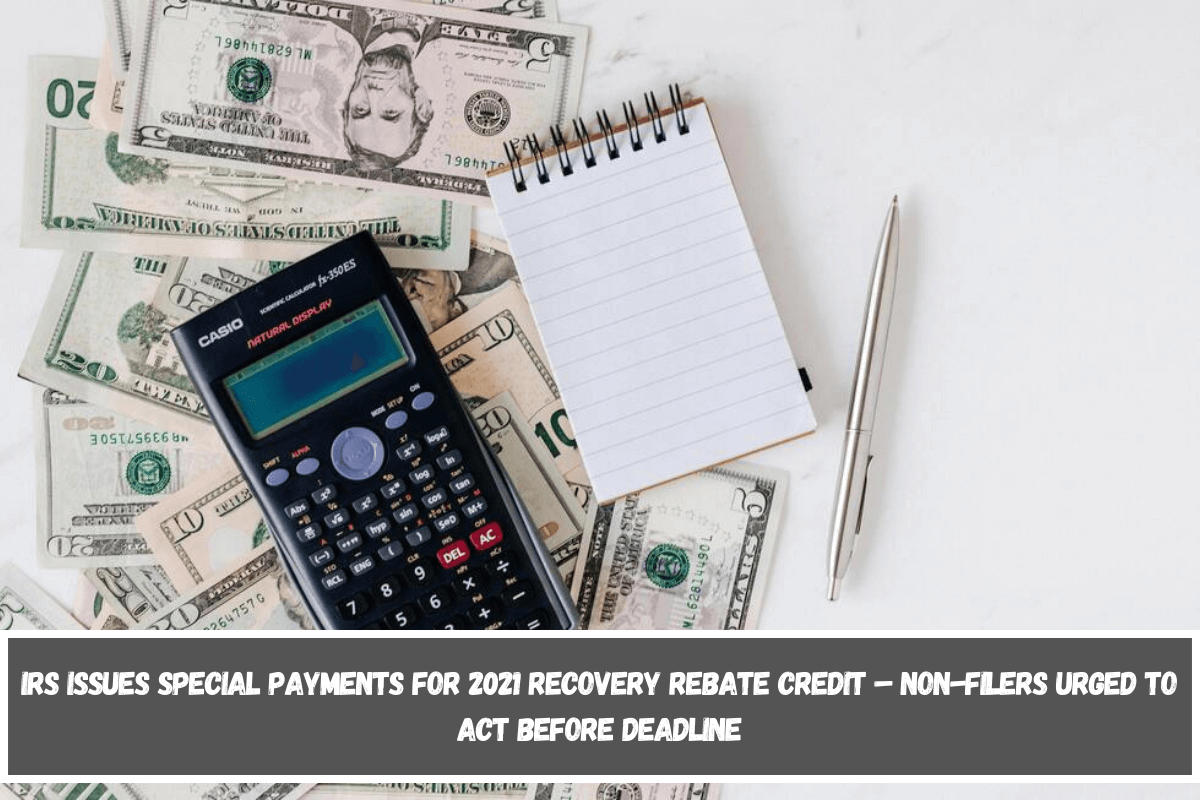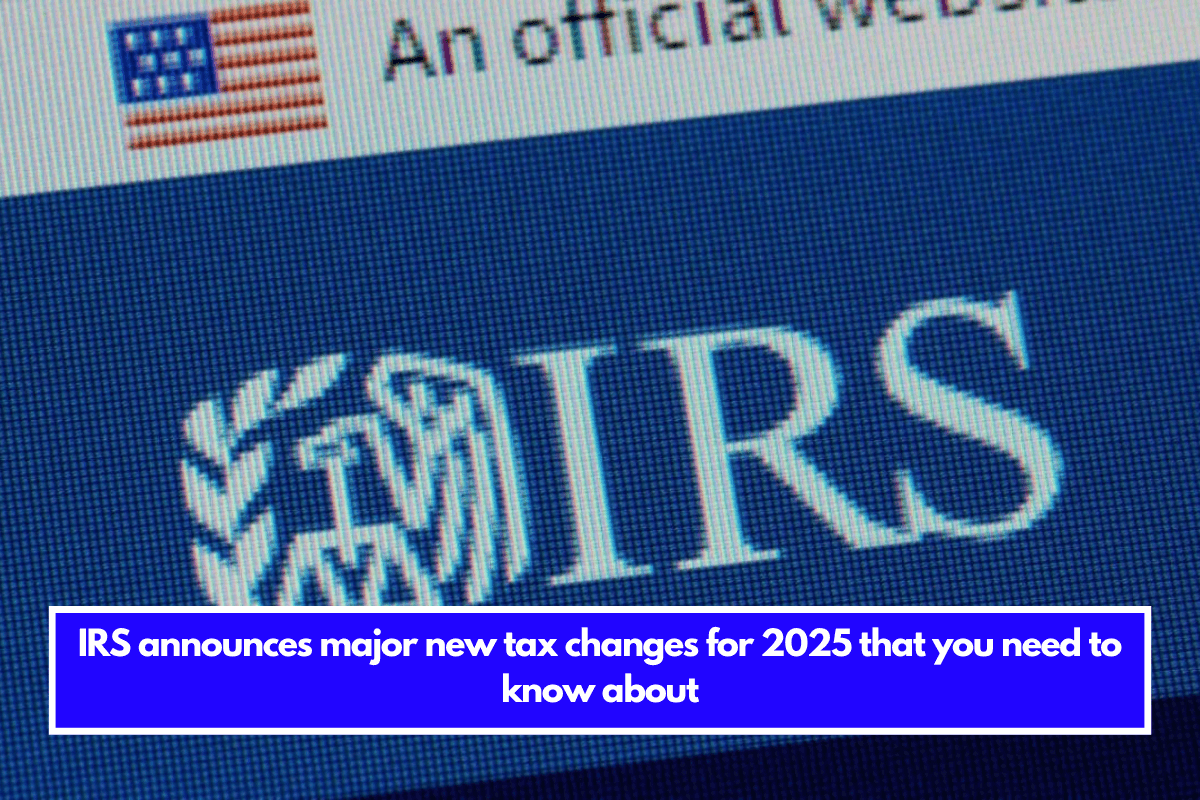As the Christmas holidays approach, the Internal Revenue Service (IRS) is issuing a crucial warning to taxpayers: beware of scams targeting your personal and financial information. Scammers are increasingly using sophisticated methods to steal tax refunds and commit identity theft, leaving victims vulnerable during the holiday season.
Here’s how you can protect yourself and your loved ones from falling victim to these schemes.
Common Holiday Scams
Scammers are especially active during the holidays, using tactics like phishing emails and fraudulent websites to steal sensitive information.
Phishing Emails
Phishing emails are a common threat. They often appear to come from trusted sources, including the IRS, and include links or attachments designed to steal information or install malware.
- What to Do: Avoid opening emails from unknown senders. If an email claims to be from the IRS, visit their official website or contact your local IRS office directly. Never click on suspicious links.
Other Targets
Scammers aim to obtain more than just tax refunds. They also target:
- Social Security Numbers
- Bank Account Details
- Credit Card Information
- Passwords
The stolen information can be used for fraud and identity theft, causing long-term financial and legal problems for victims.
Tips to Avoid Holiday Scams
Follow these essential tips to safeguard your information during the holiday season:
| Tip | Why It’s Important |
|---|---|
| Shop on secure websites (“https:”) | Ensures encrypted communication for safe transactions. |
| Look for a padlock icon | Indicates a website uses secure connections. |
| Avoid public Wi-Fi for shopping | Public networks are vulnerable to hackers intercepting your data. |
| Update software regularly | Prevents security breaches by patching vulnerabilities in your devices. |
| Protect devices for kids and seniors | Helps secure less tech-savvy users from scams and malware. |
| Enable firewalls and antivirus software | Shields devices from malicious attacks and unauthorized access. |
| Use strong, unique passwords | Reduces the risk of account hacking. |
| Enable multi-factor authentication | Adds an extra layer of security to your online accounts. |
IRS Advice on Staying Vigilant
The IRS emphasizes that it will never:
- Send unsolicited emails requesting sensitive information.
- Ask for immediate payment through gift cards, wire transfers, or cryptocurrency.
- Contact taxpayers via text messages or social media platforms.
If you suspect you’ve been targeted by a scam, report it to the Treasury Inspector General for Tax Administration (TIGTA) or file a complaint with the Federal Trade Commission (FTC).
Protect Your Loved Ones
Scammers often target children and older adults who may be less familiar with online safety practices. Take steps to educate and protect them:
- Install security software on their devices.
- Teach them how to identify phishing attempts.
- Regularly check their online accounts for unauthorized activity.
The holidays should be a time of joy, not stress caused by falling victim to scams. By staying informed, following security best practices, and staying vigilant against phishing attempts, you can ensure a safe holiday season.
If in doubt, always verify directly with the IRS or financial institutions rather than responding to unsolicited communications. Protect yourself and your family by staying one step ahead of scammers this Christmas.
FAQs
What is phishing?
Phishing is a scam where fraudsters steal information using fake emails or links.
How do I identify a secure website?
Look for “https:” in the URL and a padlock icon in the address bar.
Will the IRS email me about my tax refund?
No, the IRS does not send unsolicited emails requesting sensitive information.
How can I protect my devices?
Use firewalls, antivirus software, and update all software regularly.
What should I do if I suspect a scam?
Report it to TIGTA or the FTC immediately.





















A friend of mine introduced me this guy they call Amir Khan, who actually created a supportive community dedicated to assisting scam victims in recovering lost funds. He provides guidance, resources, and advocacy to empower individuals to take action, rebuild their confidence, and reclaim what’s rightfully theirs. He strive to create a safer, scam-free future while offering hope and solidarity to those affected. You can get in touch with him through whatsApp +1 (701) 610 9081 or emal {fundreclaimpros @protonmail.com} if you have been a victim of any online scams and i’m giving you an assurance that he’s going to help you!